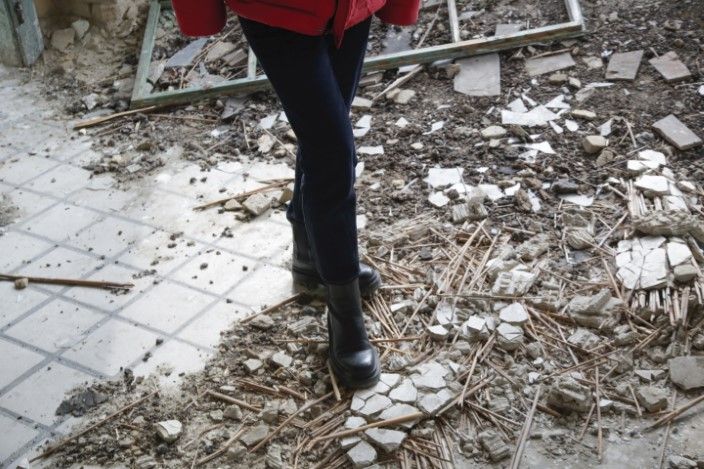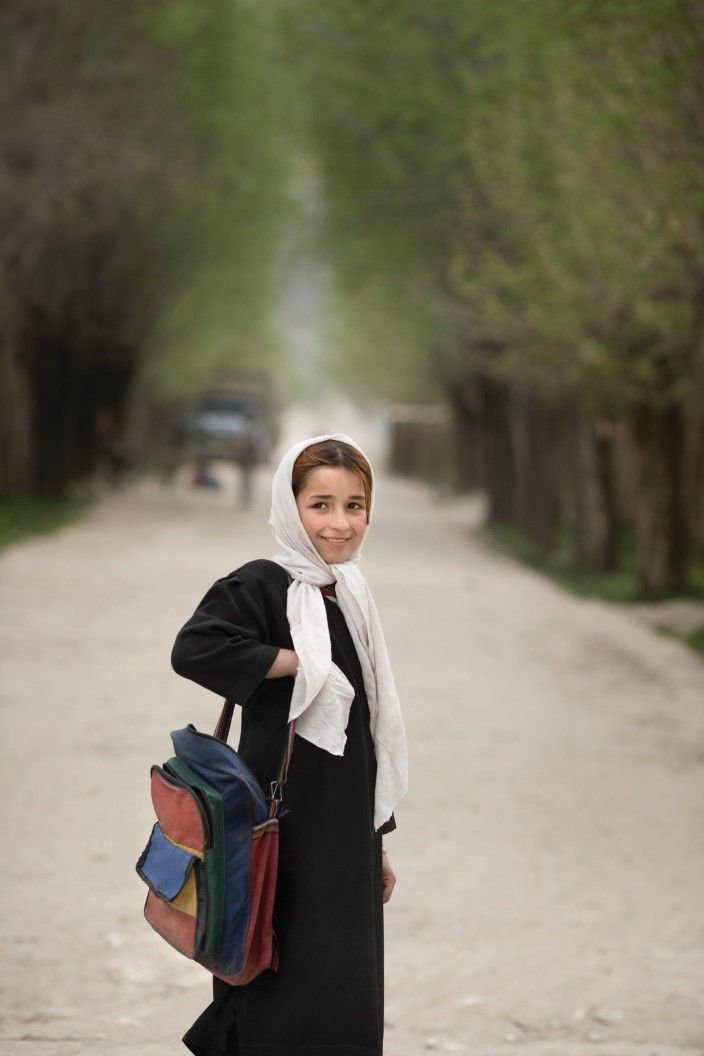
Ukraine: Teaching against the odds
Teachers from Ukraine are doing whatever it takes to keep students learning during war. Whether they have fled or remained, they are finding new ways to educate their students. They are going above and beyond – often without a salary – to keep learning alive. According to the Ukraine government, by mid-March, 379 schools had been damaged and 59 destroyed during the Russian invasion.
Teachers who have fled Ukraine say that war-time distance learning helps students feel a sense of connection, purpose, and routine. Fleeing Ukraine only weeks ago, teacher Nadia Pavlenko has set up online learning with her students from Poland. Her students are now refugees.
“These classes with my children are like a bridge to my past life in Ukraine,” Pavelenko told CNN. She continues to teach her students despite no longer receiving a salary.
From Moldova, teacher Alexander Parcalab connects with his class on Zoom. Half have fled Ukraine while half remain. In the afternoons he teaches at a makeshift school set up for Ukrainian children in the Moldovan capital, Chisinau.
In neighbouring Poland, head of the Polish Teachers’ Union (ZNP) Sławomir Broniarz said “we are heading for an education tsunami”, warning that up to 50,000 new teachers could be needed to cope with the influx of children who have fled Ukraine. More than 85,000 new Ukrainian students have registered at Polish schools and this could rise to hundreds of thousands in the coming weeks.
In Ireland, Ukrainian teachers will be fast-tracked through registration to ensure schools are ready to meet the needs of Ukrainian children and families. The UK is looking to follow Ireland’s lead, with Education Secretary Nadhim Zahawi saying his team is looking for ways to recognise the qualifications of Ukrainian teachers so they can commence work as soon as possible.
Meanwhile, teachers in Russia have been ordered to teach students that the invasion of Ukraine is a ‘special peacekeeping mission’ and that NATO poses a danger to the Kremlin. Speaking out against the war in Ukraine is costing teachers and other workers in Russia their jobs.
Kamran Manafly, a geography teacher in Moscow, was fired after posting on Instagram that he did not “want to be a mirror for state propaganda”. Upon his return to school the following day to collect his things, he was barred from entering. The BBC reports seeing a video of children coming out to the school gate to say goodbye while applauding him. Amid concerns for his safety, he has fled the country.
Global solidarity for Ukraine has been building, with unions and unionists from around the world condemning the war. The International Trade Union Confederation (ITUC) held a Global Day of Action and was joined by unions from around the world. Outside the Ukraine Consulate in Sydney, IEUA NSW/ACT Acting Deputy Secretary Pam Smith said “the IEU stands in solidarity with workers and their unions in Ukraine and with the families, communities and refugees in the face of a devastating attack on their nation. As an education union, we are particularly alarmed about the impact on children, schools and early learning centres, and also the impact on teachers and education staff”.








































































































































